
17 minute read
Certification
The Loss Prevention Foundation (LPF) is a leader in educating and certifying retail loss prevention and asset protection professionals by providing relevant, convenient, and challenging educational resources. The LPF is dedicated to elevating the industry through its accredited LPQualified and LPCertified courses. For more informations, visit losspreventionfoundation.org.


Seize Any Opportunity to Learn
Two Retail Professionals Offer Their Views
Josh Crippen Early in my career I witnessed leaders in the industry earn their LPC certifications, and I noticed the rewards they gained by going through the process. Josh Crippen, LPC
Senior Regional Asset Protection Manager, Whole Foods Market LPCertified in March 2020
Josh Crippen, LPC, began his career in loss prevention and asset protection during college by working full time as an asset protection specialist at Cabela’s. After graduating from Texas State University, he became a loss prevention manager for Lowe’s. Along with his normal LP duties at Lowe’s, Crippen was given responsibility for associate and customer safety for all locations in and around Austin, Texas, and found his passion for the safety side of loss prevention. Josh now serves as the senior regional asset protection manager for Whole Foods Market.
“Early in my career I witnessed leaders in the industry earn their LPC certifications, and I noticed the rewards they gained by going through the process,” said Crippen. “I saw and experienced the effect of the knowledge they received from the course, benefitting not only them but also their teams. When I was presented with the opportunity to pursue the LPC certification, I jumped at the chance!”
“The best way I can describe it is as an at-home, self-paced, full college course. It is a truly cumulative approach to the many facets of the industry,” Crippen said of the LPC course. “It is challenging, and you must be regimented in your approach to going through the course; however, the knowledge you gain and the industry recognition you receive from earning the LPC certification make the work you put in so worth it.”
Crippen had some thoughts for those considering pursuing their LPC certification, “Find a mentor. There are so many great leaders in our industry that have been where you are and who are more than happy to help you along the way. Get involved with the Loss Prevention Foundation community. There, you will find like- minded LP professionals who are committed to driving growth and development in the profession and who are fostering open dialogue with others in the industry. Use those resources to your advantage.”
“The loss prevention and asset protection industry is constantly evolving,” continued Crippen. “Make sure you have a hunger to learn and that you can adapt to change. Raise your hand often, be relentlessly positive and proactive, don’t hesitate to seek support from others, and always, always work to serve those around you.”
Greg Dupuy, LPQ
Market Asset Protection Manager, Meijer LPQualified in October 2020
Greg DePuy, LPQ, thought he was going to be a police officer. After completing the police academy and while applying for positions at area departments, Greg realized he needed an interim job and applied to Meijer. He was given the opportunity there to be a part-time store
Greg Dupuy
The LPQ course was more involved and detailed than
I expected. One thing that stood out to me was the attention to the financial impact of retail and how the numbers relate to our profession.
Continued from page 36
detective, and he never looked back. Greg is now a market asset protection manager with Meijer.
When DePuy was asked why he decided to pursue his LPQ certification at this time, he said, “Meijer has made a commitment to continuing education. Twenty managers and team leaders were provided LPQ or LPC course scholarships recently, and I was fortunate enough to be a recipient. I’ve been in the retail loss prevention and asset protection industry for almost thirty years, but I strive to seize any opportunity to learn and develop myself. Certification provides professional credibility and sets the standards and expectations for the LP and AP industry.
“The LPQ course was more involved and detailed than I expected. One thing that stood out to me was the attention to the financial impact of retail and how the numbers relate to our profession. The coursework helps LP and AP professionals speak the same language as our business partners in operations, which allows us to be far more influential and effective.”
He concluded, “I’ve been in the industry for a while, and many of the things we do are simply because we have always done them. Providing the reasons why is crucial when training and hiring the next generation of LP and AP professionals. The LPQ course does just that; it explains the why as it is geared toward the practical application of knowledge rather than just knowledge. The LPQ certification provides professional credibility that raises the expectations for those in our field.”
Newly Certified
Following are individuals who recently earned their certifications.
Recent LPC Recipients
Robert Agee, LPC, TJX Lesa Allen, LPC, TJX Hedgie Bartol, LPQ, LPC,
Axis Communications Jason Bridge, LPC, TJX Erin Escobar, LPC, Staples Brad Finch, LPC, TJX Raquel Flores-Shippey,
LPC, AT&T Ronald Foss, LPC, Albertsons Jeremy Gehrke, LPC,
Home Depot William Hedspeth, LPQ,
LPC, Walmart Caleb Hussong, LPQ, LPC,
Goodwill Industries of Seattle Jacquline Jakubowski, LPQ,
LPC, Festival Foods Alexandria Jeffery, LPC,
Rite Aid Carolyn Jennette, LPC, TJX Anjelica Kendrick, LPC, John
Lewis PLC (UK) Justin Kettel, LPC,
Victoria’s Secret Casey Kwasigroch, LPC Eugene Mayba, LPQ, LPC,
Festival Foods Thomas Reagor, LPC, CPP,
CFE, Walgreens Jean Shawlis, LPC, TJX Mellisa Slavik, LPC, Amazon Korey Smith, LPC, Ascena
Retail Group Randy Vasser, LPC,
Home Depot Erin Walker-DeCastro, LPC,
Rite Aid Marcus Young, LPC,
United Supermarkets
Recent LPQ Recipients
Daniel Adams, LPQ, Security
Industry Specialist William Allen, LPQ, The
Grocery People Shannon Ansell, LPQ, Whole
Foods Market John Bradford, LPQ,
Home Depot Michael Conley, LPQ,
Axis Communications Gerald Connors, LPQ, AT&T Lawrence Curka,
LPQ, Fanatics Ricardo Eastman, LPQ, TJX Julius Garcia, LPQ, TJX David Gibson, LPQ, TJX Joshua Grabel, LPQ, TJX Christopher Hallam,
LPQ, ALTO Sean Harper, LPQ,
Ralph Lauren Michael Hawkins, LPQ,
Home Depot Joachim Henze, LPQ,
Home Depot Hallie Hunziker, LPQ,
University of Indianapolis Byron Iverson, LPQ, Goodwill
Industries of Seattle Kailey Kopus, LPQ, Justin Lee, LPQ, Goodwill
Industries of Seattle Bronwyn Libeer, LPQ, TJX James Magdaleno, LPQ,
Home Depot Matthew McBride,
LPQ, Envysion Sean Michelson, LPQ, TJX Tressa Mira, LPQ, TJX Eric Moore, LPQ, Home Depot Derek Mute, LPQ, Home Depot Connor Pease, LPQ, TJX Jennifer Press, LPQ, Whole
Foods Market Marcos Rodriguez, LPQ, ALTO Ramiro Rosales III, LPQ,
Ralph Lauren Teresa Selleck, LPQ, 7-Eleven Blake Steele, LPQ, TJX David Wickerham, LPQ, CST
Solutions Group
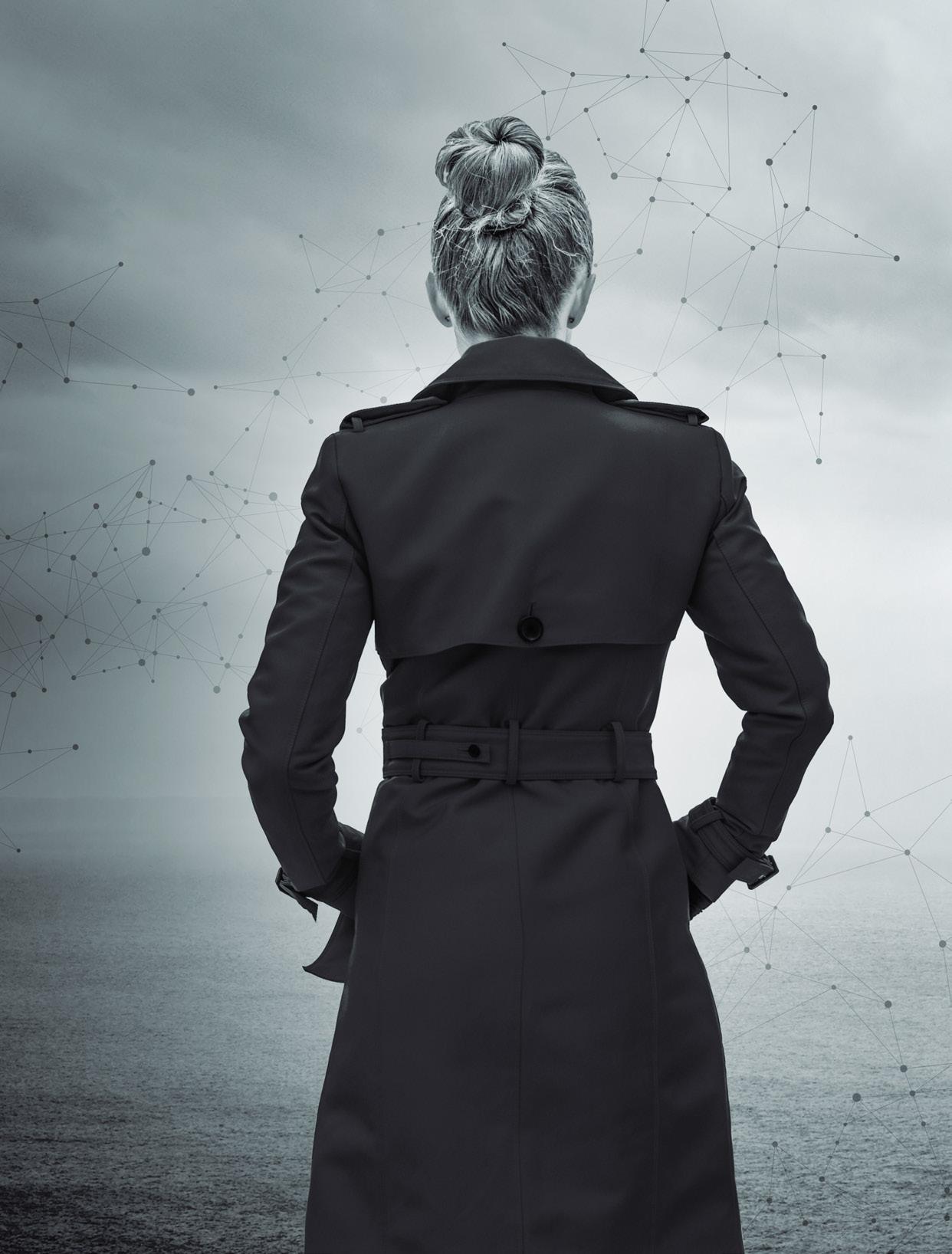
The Unexpected Spy
One Woman’s Journey Fighting Terrorism
By Merek Bigelow, LPM Executive Editor
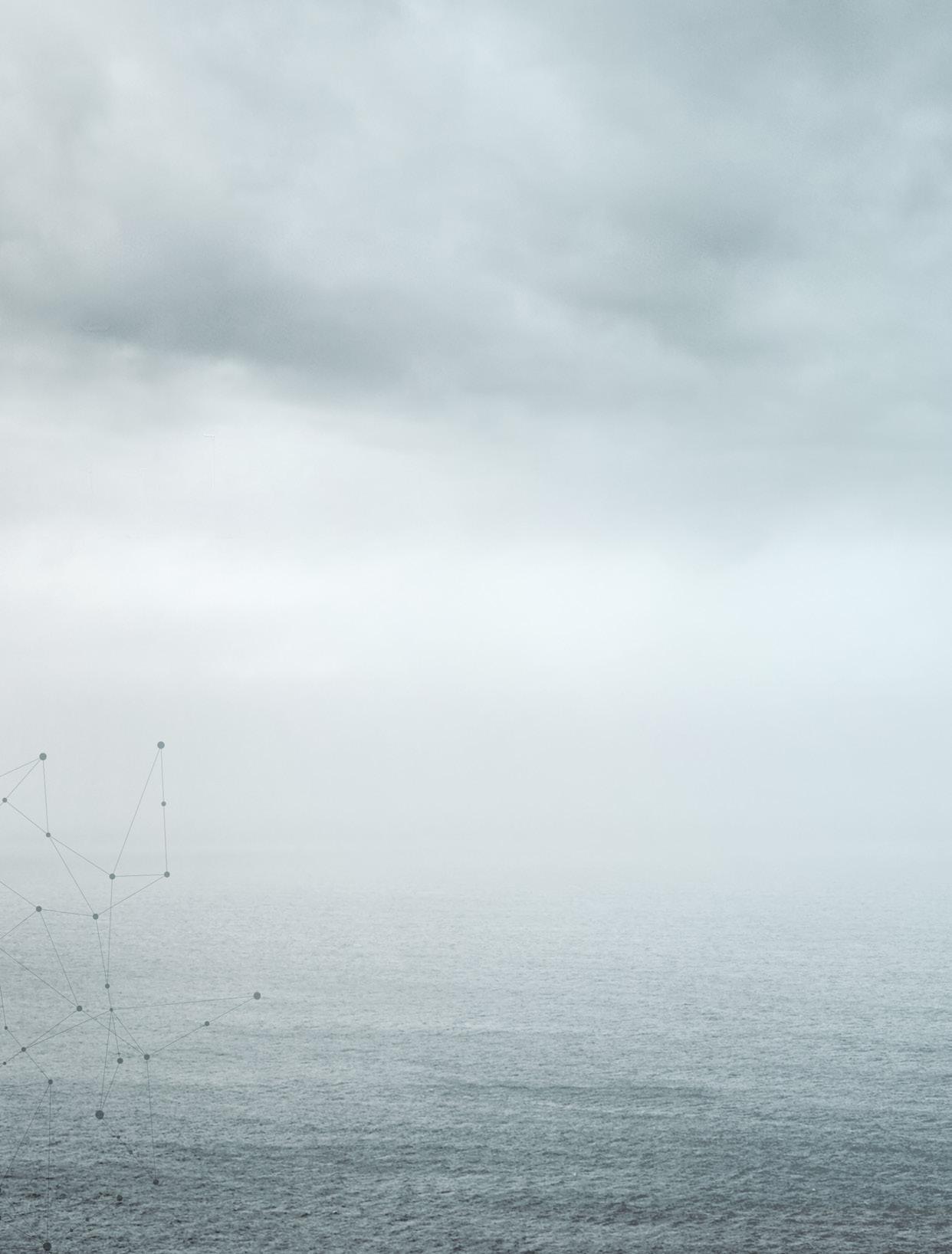
When you learn of Tracy Walder’s experiences in the Central Intelligence Agency (CIA) and Federal Bureau of Investigation (FBI), it will leave you fascinated, intrigued, and all those other words that mean you want to learn more. It certainly did for us at LPM. Is it the likes of Homeland or other spy shows you may have binge-watched while in quarantine? We know enough to say—most likely—not a chance. But we also know it is worth sitting down with Walder, listening to her recount her experience and share her insights, and knowing there is also much we can learn from Walder’s experiences as a female in a well-known male-dominated world.
In Walder’s 2020 memoir titled The Unexpected Spy: From the CIA to the FBI, My Secret Life Taking Down Some of the World’s Most Notorious Terrorists, Walder recounts many of her experiences leading up to and during her time at the CIA and FBI. Her memoir is a
The Unexpected Spy
riveting account of a young woman who went from the pink beanbag chair in her sorority house at the University of Southern California (USC) to a single-wide trailer at a black site in the Middle East.
Her story is that of a new operative, a fresh graduate from the University of Southern California, a Delta Gamma sorority sister who knew she wanted to impact the world but thought that impact would be from empowering and molding young minds as a history teacher rather than as a CIA staff operations officer traveling the world fighting terrorists in a post-9/11 world. A career fair along USC’s open-air promenade on what was probably a beautiful Southern California sunny day and a brief conversation with a CIA recruiter, suffice to say, was the point her life path took quite a turn. Imagine receiving calls from the CIA to your college sorority main telephone during your senior year of college.
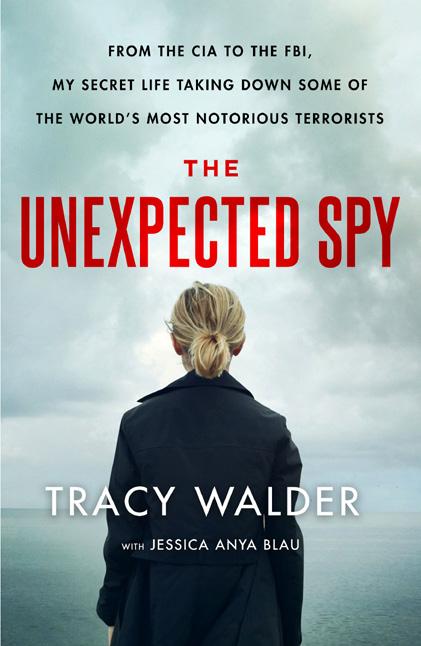
Her memoir is a riveting account of a young woman who went from the pink beanbag chair in her sorority house at the University of Southern California (USC) to a single-wide trailer at a black site in the Middle East.
Central Intelligence Agency
Less than a year into her new posting at CIA headquarters in Langley, Virginia, and just days before 9/11, Walder was thrust into a newly developed department within the counterterrorism unit aptly called “the Vault.” We all can recount where we were on 9/11—as retailers and solution providers in this industry, many of us found ourselves stranded on work travel, frantically seeking a way to get home quickly to our families and loved ones. For Walder, as she recounts, it began a period of many sleepless nights in the Vault—a high-security, steel-walled room in Virginia where Walder and her colleagues tracked terrorists with the likes of President George W. Bush, Vice President Dick Cheney, or Secretary of State Colin Powell looking over their shoulders.
In fact, CIA Director George Tenet often brought Walder and her teammates’ donuts and, once, brought them Thanksgiving dinner as they worked as many hours as possible shutting down chemical terror plots and terrorists. “We felt responsible,” Walder recalled, “like we should’ve done something to stop this. But you don’t have a lot of time to sit around and feel bad for yourself.”
Walder recounts some of the most intense and harrowing times working extreme hours late into the night and early morning hours, such as tracking Bin Laden’s location in the mountains of Tora Bora, often taking shifts in seven-minute increments due to the intensity of the assignment and the extreme focus it required. It was hard not to be emotionally invested in the work.
Everything changed for Walder when someone in the White House altered a chemical terrorist chart she had made and stuck on her cubicle wall. The purpose of this chart was to show the White House that Saddam Hussein did not have weapons of mass destruction (WMDs). The purpose of the altered chart, however, was to convince the world that Hussein did have WMDs.
Driven to stop the new breed of terror that war created, Walder picked up her alias identity, flew overseas, and continued the hunt. Walder debriefed al-Qaeda’s top men—―jihadists who swore they would never speak to a woman, particularly an American woman―—and earned their trust, thus gaining critical and life-saving information. Walder held clandestine meetings in clandestine locales with spies and embedded civilians from other countries. She followed the trails she found across North Africa, Europe, and the Middle East. She traveled to Afghanistan, Jordan, Uzbekistan, Algeria, Morocco, Denmark, Sweden, Italy, and England, among other countries. Through it all, Walder shut down many chemical attacks and brought in many terrorists.
During her time with the CIA, Walder received many awards for her service, from both the CIA and from foreign intelligence offices as well. Among her awards were four Exceptional Performance Awards from
the director of the CIA, two Special Activity Awards, a Meritorious Unit Citation Award, a DCI Counterterrorism Center Medal, and two Operation Enduring Freedom Targeting Awards.
Federal Bureau of Investigations
When her undercover life overseas felt untenable, Walder moved to the FBI where she worked in counterintelligence. Walder provides a detailed account of her experiences within FBI training and the animosity and tension between the CIA and FBI. For Walder, catching the bad guys wasn’t a problem in the FBI, but rampant sexism was. The truth is, if you’re a female in many, if not most, industries, you likely have experienced some sort of sexism. According to WorkplaceInsight.net, research indicates upward of 85 percent of women in the workplace have experienced some sort of sexism while at work. In her book, Walder illuminates her own experiences as a woman in a male-dominated field both abroad and at home.
Walder was poised, confident, and obviously very talented. As she writes of her experience while going through FBI training, it is apparent she was committed fully to the work—studying, being prepared, and even taking on the infamous pepper spray to the face all FBI trainees face with gusto—although she quickly learned (and kept quiet) that she was one of the few percent of people to be immune to pepper spray.
As her time with the FBI progressed, Walder experienced jaw-dropping gender bias and stereotyping, even being asked to send an apology to a supervisor because of the fit of her suit, a suit she had worn for years prior to working in the FBI. Yet in a single year, Walder helped take down one of the most notorious foreign spies ever.
Lessons Learned
Recently, we sat down with Tracy Walder on two occasions. If you attended LPM’s March Spring Fling virtual event, you may have had the privilege of hearing Walder directly as she recalled her experience as well as an open question-and-answer session that followed.
MEREK: Some people say that women may make better spies than men—more skilled at reading body language, better at listening and observation. Do you think there is truth in that in your experience? What do you think are the differences in women and men in the specific experiences in the CIA and FBI, if any?
TRACY: The head of Mossad, Tamir Pardo, has stated that women are “better at playing a role” and are superior to men when it comes to” suppressing their ego.” He went on to state that “women are gifted at deciphering situations … and superior to men in terms of understanding the territory, reading situations, spatial awareness.” Women have the tools necessary to spot, assess, develop, and recruit human assets. We have more fully developed listening skills, street smarts, and inherent nurturing instincts.
MEREK: What makes you most proud as you examine both your previous and your current careers?
TRACY: In both careers, I am proud of the empathy that I had throughout the vast array of situations that I have been in. That, to me, has been one of the most important tools that I have been given. In all of my roles—spying, law enforcement, and teaching—I have to work with a multitude of different people. Being able to see things, whether I agree with them or not, from their point of view has been very rewarding.
MEREK: Can you provide a bit of detail around some of your most frustrating experiences? In contrast, can you recall
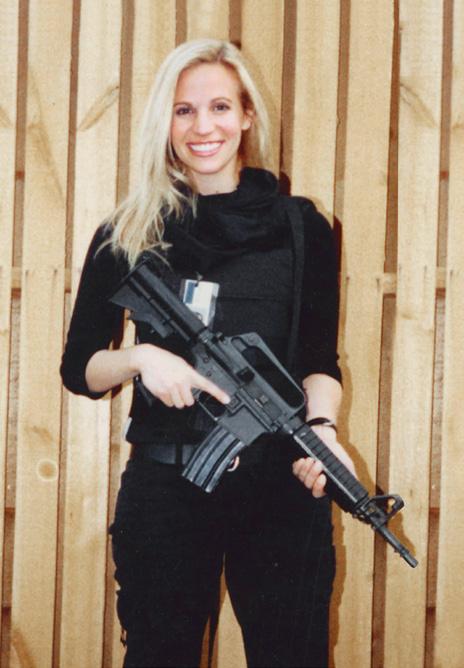
Walder recounts some of the most intense and harrowing times working extreme hours late into the night and early morning hours, such as tracking Bin Laden’s location in the mountains of Tora Bora, often taking shifts in seven-minute increments due to the intensity of the assignment and the extreme focus it required.
The Unexpected Spy
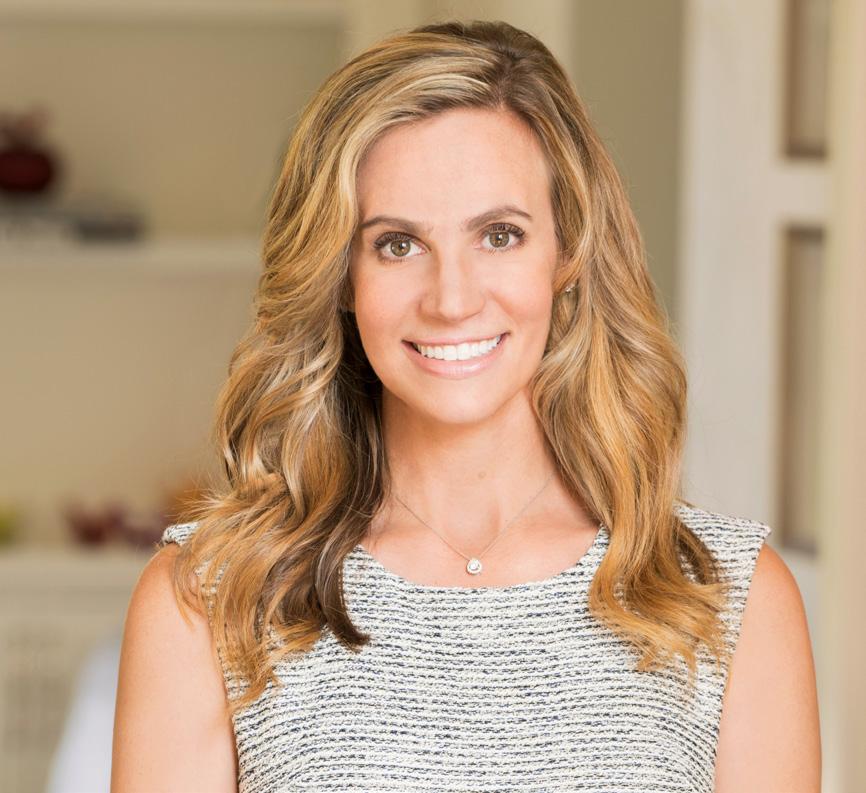
When her undercover life overseas felt untenable, Walder moved to the FBI where she worked in counterintelligence. Walder provides a detailed account of her experiences within FBI training and the animosity and tension between the CIA and FBI. For Walder, catching the bad guys wasn’t a problem in the FBI, but rampant sexism was.
what may have been the most rewarding?
TRACY: The most frustrating was at the FBI. I did not fit the stereotype of what people felt a special agent should be. Additionally, the animosity that the FBI had toward the CIA created a lot of acrimony. The most rewarding was being able to stop terrorist attacks before they happened. Unfortunately, I cannot be specific.
MEREK: You had a few occurrences of sexism and ageism in your experiences both with the CIA and FBI. Looking back, what might you have told yourself or a fellow female colleague who was experiencing the same things? TRACY: Most of the sexism that I faced was at the FBI. I found my lived experience at the CIA to be rather equitable. I would tell a fellow female colleague to not be afraid to document and report what is happening to you. I was scared. I made a report but became scared to see it through because I felt
The Unexpected Spy
Continued from page 44
that I deserved the treatment that I had. I would encourage women to find an ally in their office.
MEREK: Did you feel like you had a support system?
TRACY: At the CIA, absolutely. My support system there included both men and women. They wanted me to be successful, and they constantly gave me constructive feedback and helped me further my career.
MEREK: What might you wish someone would have said to you at the start of your career?
TRACY: Have confidence, do not be afraid to share your informed opinions and assessments. Many times in meetings, I would stay rather quiet, not because anyone specifically made me be that way but because I lacked the confidence within myself and didn’t feel that what I had to say was valuable.
MEREK: What is the most commonly asked question you get about your experience? TRACY: The most common question I get is, “Is it like TV?” The answer is, “Absolutely not!”
MEREK: What is some tangible advice you can provide on career advancement?
TRACY: Be open to any and all feedback. It doesn’t mean that you have to implement all feedback or constructive criticism, but I welcomed it, and it made me a better operative. Also, develop your “soft skills”—think conflict resolution, teamwork, active listening, those sorts of things. Those soft skills will help set you apart.
MEREK: How do you encourage women in your classrooms now to go into these roles within the CIA, FBI, or State departments?
TRACY: I show them the different career paths that they can take within national security. Many times, we think the only role that one can play within these organizations is what we see on TV or through other pop culture outlets. There is truly a place for every major at these agencies.
MEREK: At the end of your book you mention a “Stop Bitching. Start a Revolution” magnet in your kitchen at home growing up. Can you talk about how you may have had to revisit this idea throughout your career? Or how it has molded you into who you are?
TRACY: My parents have always taught me to be part of the solution. There will always be problems, but if you have the ability and privilege, don’t just sit idly by and complain from your couch or from behind a computer screen. Take action to fix whatever you feel the problem is.
Tracy Walder
Life after Government Service
Walder has since left the FBI, but her desire and ongoing mission to impact the world still carries weight and provides a sense of life purpose. She did go back to her original intent of shaping the minds of young people as a means to change the world—albeit a bit differently than chasing the “bad guys” on the front lines across the globe. She is currently an adjunct professor of criminal justice at Texas Christian University and a history teacher. She has created classes at both the high school and university levels teaching about counterterrorism and encouraging young people—particularly females—to make a global impact through pursuing careers in government, including the Department of State, CIA, and FBI.
While we have highlighted her experience, we encourage you to read her memoir and learn of her experience in the CIA and FBI while navigating said waters as a strong, unwavering female. You can find her at TracyWalder.com or on Twitter @Tracy_Walder. To hear her presentation at the LPM Spring Fling event, go to LossPreventionMedia.com.
Merek Bigelow is executive editor for LPM focusing on retail industry trends, including customer service, omni-channel retailing, merchandising, and brand protection and enhancement. Upon joining the magazine in 2013, she led the efforts in the digital transformation of losspreventionmedia.com, driving digital content and strategy. Her previous experience includes over twelve years of marketing agency experience with clients such as Progressive Insurance, Bank of America, Merrill Lynch, and Carnival Cruise Line. Bigelow can be reached at merekb@lpportal.com.










